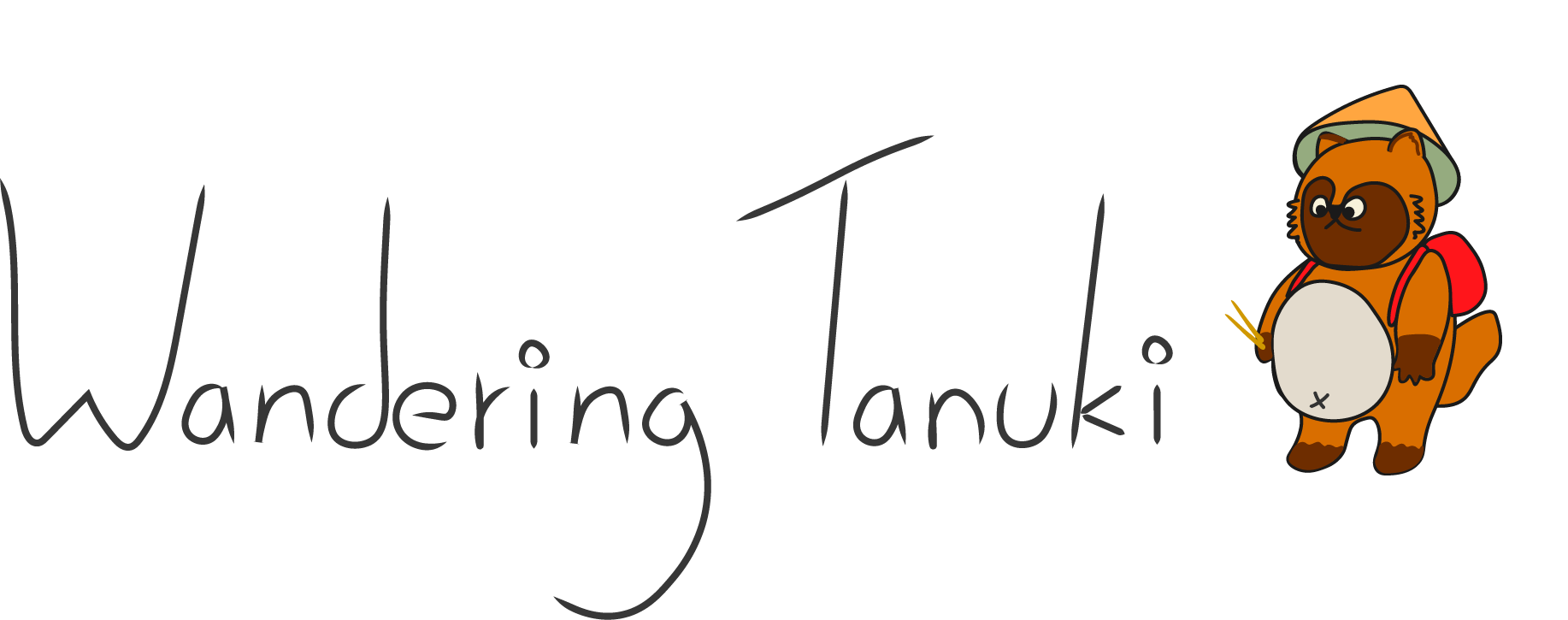“Happy” in Japanese: 10 Ways to Express your Joy!
Konnichiwa, Tanuki readers! Just as in English, the Japanese language offers an array of expressions to convey joy and happiness. From simple and casual to deeply heartfelt, let’s explore different ways to say “Happy” in Japanese, complete with examples that will hopefully brighten your day.

Note: As an Amazon Associate, I earn from qualifying purchases.
Let’s go over the 10 ways to say “Happy” in Japanese. Make sure to practice saying each word!
幸せ (Shiawase)
When you want to express pure, heartfelt happiness, “幸せ” is your go-to word. It encapsulates the feeling of being truly content and satisfied. It is quite strong and also references true “Happiness”!
今日はとても幸せです! (Kyou wa totemo shiawase desu!) – “Today, I am very happy!”
嬉しい (Ureshii)
This word conveys the excitement and delight you feel when something makes you happy or grateful. It’s a cheerful expression of joy.
このプレゼントをもらって、とても嬉しい! (Kono purezento o moratte, totemo ureshii!) – “Receiving this gift makes me very happy!”
楽しい (Tanoshii)
This word is often used to express the happiness and fun derived from enjoyable activities or experiences. In direct translation it means “fun” rather than “happy”.
旅行は楽しいですね! (Ryokou wa tanoshii desu ne!) – “Traveling is so much fun, isn’t it?”
喜ぶ (Yorokobu)
When someone is pleased or delighted, you can use this verb to describe their happiness.
彼女はプレゼントを見て、喜んでいました。 (Kanojo wa purezento o mite, yorokonde imashita.) – “She looked at the gift and was delighted.”
笑顔 (Egao)
While not a direct translation of “happy,” this word refers to a “smile.” Smiles often accompany happiness, making it a beautiful way to indirectly express joy.
彼の笑顔を見ると、私も幸せになります。 (Kare no egao o miru to, watashi mo shiawase ni narimasu.) – “Seeing his smile also makes me happy.”
うれし泣き (Ureshinaki)
This term refers to tears of joy, which symbolize overwhelming happiness.
彼の成功を聞いて、うれし泣きをしてしまった。 (Kare no seikou o kiite, ureshinaki o shite shimatta.) – “I heard about his success and cried tears of joy.”
感激 (Kangeki)
This word signifies a deep emotional response, often associated with feelings of happiness, amazement, or being moved.
その演奏は感激的でした。 (Sono ensou wa kangekitekideshita.) – “The performance was incredibly moving.”
ウキウキ (Ukiuki)
This onomatopoeic expression captures the feeling of being cheerful and excited.
今日はデートなので、ウキウキします。 (Kyou wa deeto nanode, ukiuki shimasu.) – “Today I’m having a date, so I am excitied!”
幸運 (Kouun)
While it directly translates to “luck” or “fortune,” it can be used to convey happiness and good fortune.
今日は幸運の日だと感じます。 (Kyou wa kouun no hi da to kanjimasu.) – “I feel like today is a lucky day.”
最高 (Saikou)
When something is the best and brings immense joy, “最高” is the word to use. It is a bit casual so best to use another word in a more formal context.
このパーティーは最高だった! (Kono paatii wa saikou datta!) – “This party was the best!”
Tips for expressing “Happy” in Japanese!
- Remember the context and your relationship with the person you’re speaking to will influence which expression you choose.
- Japanese is a language rich in nuances, and selecting the right word can convey your feelings with precision.
Now that you’ve learned these wonderful ways to say “Happy” in Japanese, why not spread happiness by sharing them with your friends and loved ones? Whether you’re feeling “幸せ” or simply “ウキウキ,” embrace the joy of expressing happiness in the Japanese way.
Let me know if you have any questions and Ganbatte (do your best) in spreading smiles and positivity!
~ Tanuki





